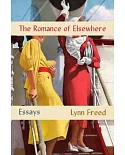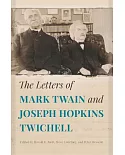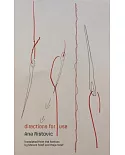Poetry. Translated from the Spanish by Anthony Seidman and David Shook. Introduced by Jorge Ortega. Bilingual Edition. "I feel that poetry," Salvador Novo confesses in a poem
fromEspejo (1933), "hasn’t come forth from me." That will prove to be a recurring theme in the intense and brief work of this sui generis poet, a member of that distinguished "group
lacking a group," as the Contemporáneos playfully referred to themselves. Among that constellation of solitary souls there belonged some of the best Mexican poets and Spanish speaking poets of
the 20th century: José Gorostiza, Xavier Villaurrutia, and Carlos Pellicer, to mention the more widely known among them. The Contemporáneos made up the first generation of truly modern writers
in Mexico, and in their eponymous journal they published the first Spanish translations of T.S. Eliot, D.H. Lawrence, Saint-John Perse, Langston Hughes, Jules Supervielle and Paul Valéry. All
of those influences can be spotted in the youthful poetry of Novo. Moreover, as in the brief quote which opens this paragraph, there appears another distinct trait in his poetry:
confession.
"For the young Novo, passionately avant-garde, poetry was not only everything that tradition seemed to bypass, such as the unsacred, the free association of ideas, the prosaic, the unedited
spaces of Spanish from the vast cities, fragmentation, irony, the uninhibited along with an acrid sense of humor, but also a poetry not detached from his lifestyle, which captured with an
opulence in language, as well as a frankness, making one think of Oscar Wilde (one with whom Novo shares not only an emotive and aesthetic quality, but also a sexual orientation which he openly
practiced in a society that was vehemently scandalized). The translations which Anthony Seidman and David Shook have done—taken from two fundamental books by Novo,XX Poemas (1925) and
Espejo (1933) —offer an excellent way in which to appreciate the work of this radically unorthodox poet."—Alberto Blanco





















